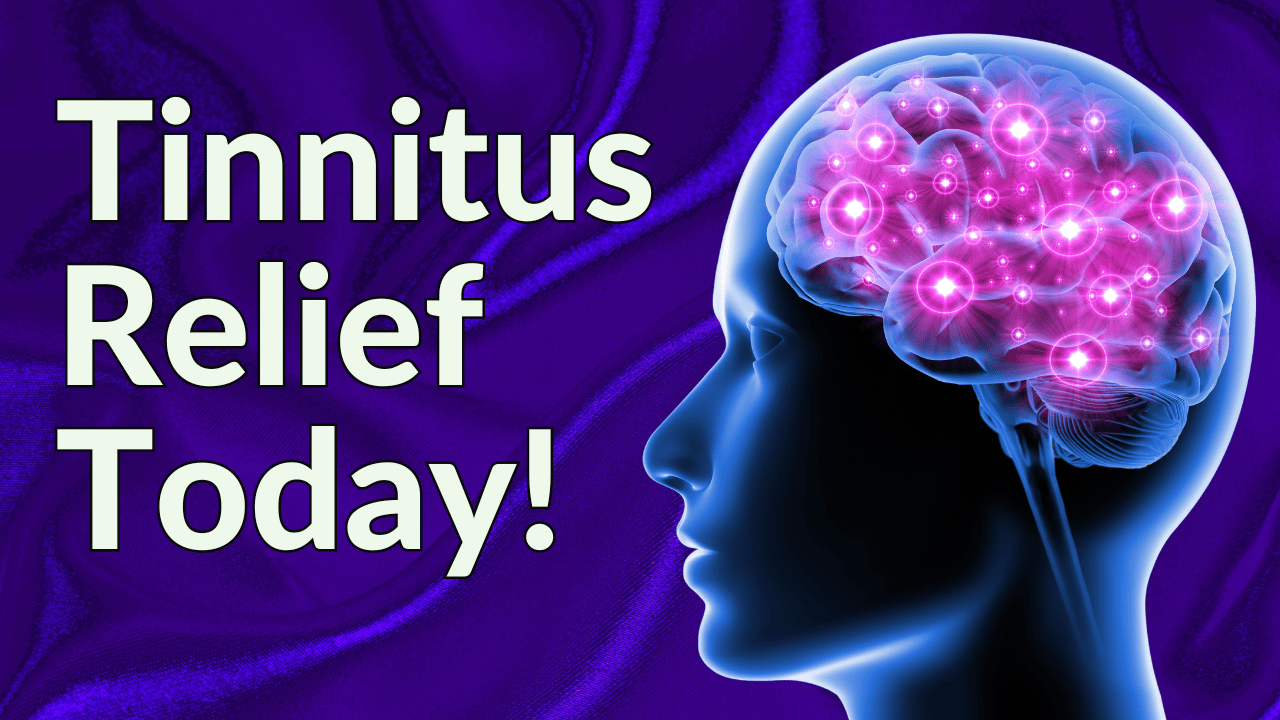Non-steroidal anti-inflammatory drugs (NSAIDs) are a medication class known for their ability to alleviate pain, reduce fever, and quell inflammation. They function by blocking the production of certain chemicals in the body that cause inflammation, with their mechanisms of action varying slightly based on their specific chemical composition.
From aspirin and ibuprofen to naproxen, diclofenac, and celecoxib, these FDA-approved drugs have long been used as safe and effective over-the-counter and prescription pain relief and fever reduction options. However, an intriguing question has surfaced amidst their widespread use—can NSAIDs cause tinnitus?
This article will explore various scientific insights to unravel the potential connection between NSAIDs and tinnitus, a condition that’s characterized by a ringing or buzzing noise in one or both ears that could be constant or may come and go.
Side Effects of Prolonged NSAID Usage
While NSAIDs have proven to be effective and generally safe for use, like all medications, they do come with potential side effects. The most frequently reported adverse effects involve gastrointestinal (GI) symptoms, including stomach pain, heartburn, and even ulcers. However, these medications may also lead to other health issues.
Some users of NSAIDs have reported experiencing dizziness, lightheadedness, balance problems, difficulty concentrating, and mild headaches. Though not as common as GI symptoms, these side effects can certainly impact daily life and shouldn’t be ignored.
"Treble Health helped me reduce my tinnitus by about 80%, and now I can live my life again!"


"Treble Health helped me reduce my tinnitus by about 80%, and now I can live my life again!"
– Steve D.
Book a free consultation to learn which Treble Health solution is right for you. Join Steve and thousands more who have found lasting tinnitus relief.
Furthermore, there are more severe side effects associated with NSAIDs, which require immediate medical attention. These include intense stomach pain, which could signify a severe GI problem such as an ulcer or bleeding. Other concerning symptoms include jaundice, a yellowing of the skin or eyes that might indicate liver damage, trouble speaking or thinking, blurred vision, and notably, tinnitus.
It’s crucial to note that while these side effects are potential risks, most people who take NSAIDs do not experience severe side effects. It’s always important to discuss your medication regimen, including over-the-counter drugs like NSAIDs, with your healthcare provider to fully understand the potential benefits and risks for your specific health situation.
The Risks of Ototoxic Drugs



Tinnitus is often a temporary side effect of many drugs, subsiding once the medication is stopped. However, ototoxic drugs, including NSAIDs, certain antibiotics, specific cancer medications, water pills, diuretics, and quinine-based medications, can cause more persistent, sometimes permanent, tinnitus.
NSAIDs, in particular, have been linked to tinnitus, suggesting a connection between their use and tinnitus onset. While the mechanisms aren’t fully understood, further research is needed to better understand the implications of NSAID use in individuals prone to or experiencing tinnitus.
Potential Toxicity Risks
Due to their varied pharmacological mechanisms, NSAIDs can potentially cause toxicity, leading to a range of adverse effects, including tinnitus. In situations where drug toxicity is suspected, the patient’s history must be thoroughly examined, including the specific medication taken, the dosage, and the time of ingestion.
Specific NSAIDs such as aspirin, Aleve, Motrin, and Advil have been linked to an increased risk of developing tinnitus and even hearing loss when used at high doses or with frequent use. Despite this potential risk, it’s crucial to note that bothersome or persistent tinnitus resulting from these medications is generally reversible. Once you cease using these drugs, the tinnitus symptoms typically subside.
However, this does not mean that all use of these drugs leads to tinnitus. For instance, if you take low-dose aspirin daily or use NSAIDs for short periods, the likelihood of experiencing chronic tinnitus is significantly reduced. While there is a connection between NSAIDs and tinnitus, the risk appears to be associated more with high doses or frequent use of these medications.
Effects of NSAIDs on the Inner Ear: Possible Involvement in Cochlear Protection
NSAIDs are widely used for their anti-inflammatory and analgesic properties, including in otolaryngology. However, high-dose NSAID use can cause inner ear disturbances like tinnitus and sensorineural hearing loss. These side effects are generally reversible upon stopping NSAID use and are primarily linked to impaired function of the cochlea’s outer hair cells.
Animal studies have shown that high-dose NSAIDs reduce otoacoustic emissions (OAE), indicating impaired outer hair cell function, and decrease the thresholds of the eighth nerve compound action potential (CAP) and auditory brainstem response (ABR), suggesting reduced hearing ability.
These findings highlight potential hearing-related risks associated with high-dose NSAID use and emphasize the need for responsible use under healthcare provider guidance. However, further human studies are required to confirm these findings.
Connecting Analgesic Use And Risk Of Incident Persistent Tinnitus



A longitudinal study analyzing analgesic use and the risk of developing persistent tinnitus revealed several noteworthy correlations. The study found that women reporting frequent use of certain over-the-counter painkillers were likelier to have a tinnitus history.
Interestingly, the risk of developing persistent tinnitus was not elevated among women who frequently used low-dose aspirin (≤100 mg). However, patients with frequent usage (6-7 days per week) of low to moderate-dose aspirin had a 16% higher tinnitus risk among women younger than 60 but not among older women.
Moreover, frequent use of NSAID was associated with an almost 20% higher tinnitus risk. The study noted that the elevated risks tended to be greater with more frequent use of these drugs.
Additionally, regular usage (two or more days per week) of prescription COX-2 inhibitors was associated with a 20% higher risk of developing tinnitus. This is particularly significant as COX-2 inhibitors belong to the same class of drugs as NSAIDs, further strengthening the connection between NSAID use and tinnitus.
Given these findings, healthcare providers must be cautious when prescribing NSAIDs and other potentially ototoxic drugs, which can harm hearing. If NSAID use is required for patient case management, healthcare providers must assist their patients through medical optimization and reduction in risk factors that contribute to the development of NSAID adverse effects.
Understanding The Connection Between NSAIDs and Tinnitus
Effective communication within the healthcare team is also essential to ensure patients receive the proper dose for their conditions and comorbidities. This dose should be high enough for efficacy but as low as possible to reduce the incidence of adverse effects.
Furthermore, healthcare providers should be attentive when trying to understand a patient’s history to identify any risk factors or comorbidities that could potentiate NSAID adverse effects or possible drug interactions. This attention to detail can help mitigate potential risks and optimize patient care.
Next Step: Book Free Consultation
- 75% of patients reduced their tinnitus within three months after following our recommendations.
- "I feel like Treble Health literally gave me my life back." - Randy S. (verified customer)
- Join thousands of people who have reduced their tinnitus after scheduling a free consultation.


















